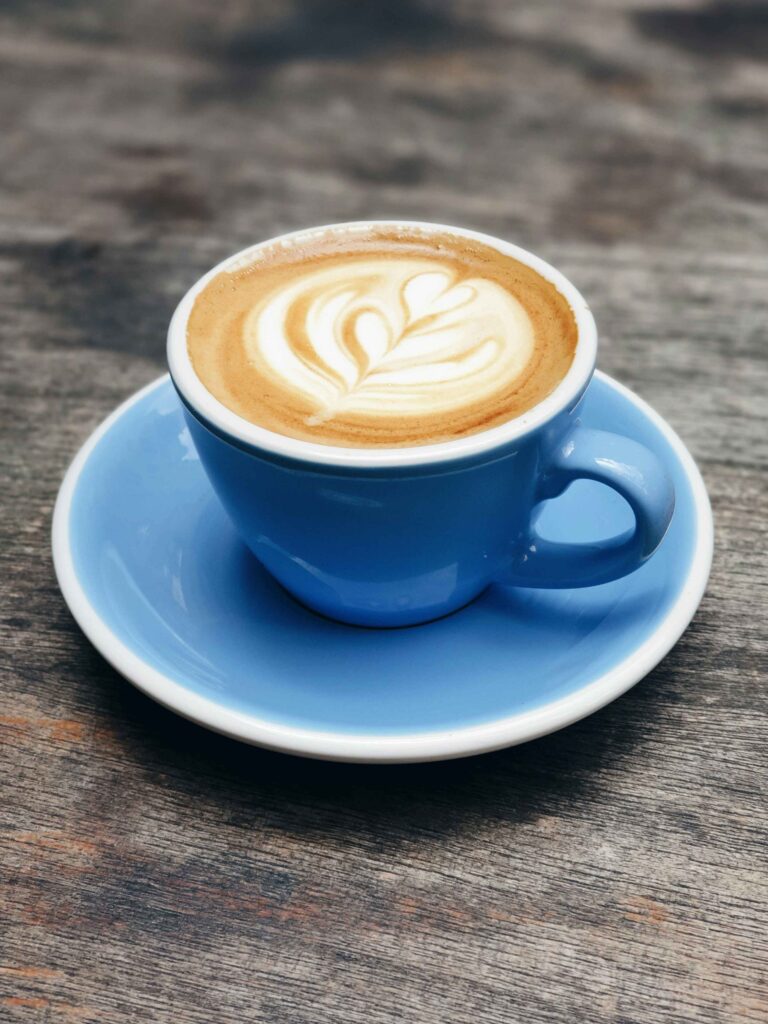Welcome to Amazing Trendz
Coffee, tea, and cocoa beans top the list of common sources for natural stimulants like caffeine. Moreover, energy drinks, sodas, and several prescription drugs include it. The heart, muscles, and central nervous system are all stimulated by caffeine. It can raise energy, focus, and awareness levels. It’s also been shown to improve athletic performance and aid in weight loss. However, an excessive amount of caffeine might exacerbate symptoms related to the prostate and cause anxiety, restlessness, and insomnia.
In addition, caffeine can aggravate lower abdominal pain, aggravate prostate inflammation, and make it harder to pee.
- Cause dehydration, which may exacerbate the symptoms.
- Have a diuretic effect, which means it may cause an increase in urine output. Urging to pee more frequently or urgently is a common symptom of BPH, and this could result in that.
• • Increase blood pressure, which may exacerbate BPH symptoms.
Coffee Effect on BPH?
Caffeine’s diuretic properties account for this. It may speed up the rate at which you urinate. It may also intensify the sensation and contractions of your bladder. If you have BPH, caffeine also tends to make your urination more frequent and urgent. If you additionally experience an overactive bladder (OAB), this may be particularly apparent.
Make sure you are drinking the correct kind of coffee if you choose to do so for its health benefits.
For lower caffeine intake, choose mild coffees like light roasts. These roasts typically contain less caffeine compared to stronger coffee varieties.
Coffee & Prostate Cancer Connection
There is a connection between coffee consumption and a decreased risk of prostate cancer.
Men who drank six or more cups of coffee a day had a nearly 20% decreased risk of acquiring prostate cancer, according to research on black coffee and the disease. With a 60% decreased risk, the protective advantage is even greater for more aggressive forms of prostate cancer.
A study found a 30% reduction in the incidence of aggressive prostate cancer even in men who consumed one to three cups of coffee a day. Importantly, the study also revealed no direct link between caffeine and prostate cancer. Men who consumed decaffeinated coffee reduced their prostate cancer risk by an equivalent amount.

Advice on Reducing Caffeine Intake
Caffeine withdrawal may be helpful for BPH symptoms, but it might be difficult to quit. As a stimulant, caffeine can be addictive.
The following are the most typical signs of caffeine withdrawal: exhaustion; headaches; irritability and depression; trouble concentrating; flu-like symptoms
The following advice will help you cut back on coffee consumption and lower the intensity of withdrawal symptoms:
- Preserve your journal. You can reduce your intake of caffeine by being aware of how much you consume each day, including from foods, drinks, tea, chocolate, and prescriptions. You may have more than you think.
- Avoid giving up abruptly. The severity of the withdrawal symptoms may increase as a result. Instead, cut back on your caffeine use gradually. If you normally have two cups of coffee in the morning, for instance, cut that down to one or make yourself a cup that is half decaf and half regular.
• • Drawn with less. By only steeping it for a shorter time, you may easily cut down on the caffeine content of your morning coffee. - Reduce your caffeine intake. Instead of drinking ordinary tea, try herbal or decaf teas.
- Get adequate sleep. If you’re extremely exhausted, you could be more likely to reach for coffee to get you through the moment.
- Go for a stroll. Try taking a five to ten-minute stroll during the day if you’re feeling fatigued. You might feel more energized after doing this and be able to skip the extra cup of coffee.
Does coffee help in enlarging the prostate?
- Indeed, coffee has the potential to enhance blood flow and reduce inflammation in the prostate.
• It’s crucial to make sure you’re drinking the proper kind of coffee and to adhere to the 400 mg daily caffeine recommendation.
Does drinking decaffeinated coffee help the prostate?
Yes, studies have shown that drinking decaffeinated coffee is good for prostate health. It’s crucial to remember, though, that the decaffeination procedure may remove some of the advantageous substances.
Is an enlarged prostate caused by coffee?
Given that there is a correlation between high amounts of caffeine and prostate illness, it is plausible that excessive coffee drinking may have a role in prostate enlargement.
Why is the prostate irritated by coffee?
Due to its diuretic properties, caffeine may cause more urination.
• The prostate and other tissues in the urinary tract may get irritated as a result. Caffeine may potentially have an impact on prostate cancer cells, which may accelerate the growth of prostate tumors.
For the health of my prostate, how many cups of coffee should I drink?
Drinking four or more cups of coffee a day may prevent the progression and recurrence of prostate cancer. It’s crucial to adhere to the suggested daily intake of 400 mg of caffeine, though.
In short
Although drinking coffee can help to maintain the health of your prostate, it’s vital to keep in mind that excessive caffeine consumption might harm your health by increasing the risk of aggressive or advanced malignancies. Follow the suggested limits and limit your daily intake to no more than four cups.
In addition, make an effort to maintain a balanced diet, limit alcohol intake, exercise frequently, stay hydrated, drink the correct kind of coffee, and get regular checkups.
Prostate health can also benefit from supplements, but before taking any, make sure to consult your doctor. Check our full playlist
